Middle
East
Mediterranean
MEM
Summer Summit
Lugano,
Switzerland
The Seminar
15 - 23 August 2019
Overview
The aim of the Seminar is to facilitate discussions and exchange of ideas among young participants considered to be innovators, by providing a favourable environment and neutral guidance for thinking outside the box, finding common grounds, and exploring solutions beyond national boundaries. Challenging questions are posed to provoke bold answers and the quality of debate is ensured by emphasising mutual respect and self-reflection. Learning is believed to be about sharing experiences, active participation and social encounters.
Through a series of plenary lectures, participatory workshops, brainstorming sessions, film screenings, and cultural activities, participants are encouraged to reflect, and discuss topics from the following main areas:
- New Dynamics of the Middle East Mediterranean Region
- Middle East Mediterranean Region: Governance, Administration, and Policy Making
- Middle East Mediterranean Region: Cultural Narratives
The Seminar Programme
The programme consists of a series of plenary session and workshops, thematically separated into three streams:
Course coordinated by Prof Gilles Kepel, Prof Hela Ouardi, and Dr Federica Frediani
Course coordinated by Prof Jean-Patrick Villeneuve in collaboration with the Swiss Department of Foreign Affairs (FDFA)
Course coordinated by Prof Riccardo Bocco, Prof Silvia Naef, and Dr Federica Frediani
Full programme of the Seminar 2019:
The Università della Svizzera Italiana endorses the MEM Summer Summit Code of Conduct, which is applicable to all individuals participating in the MEM Summer Summit.
The Participants
The MEM Summer Summit welcomes 100 young people from 25 countries of the Middle East Mediterranean region.
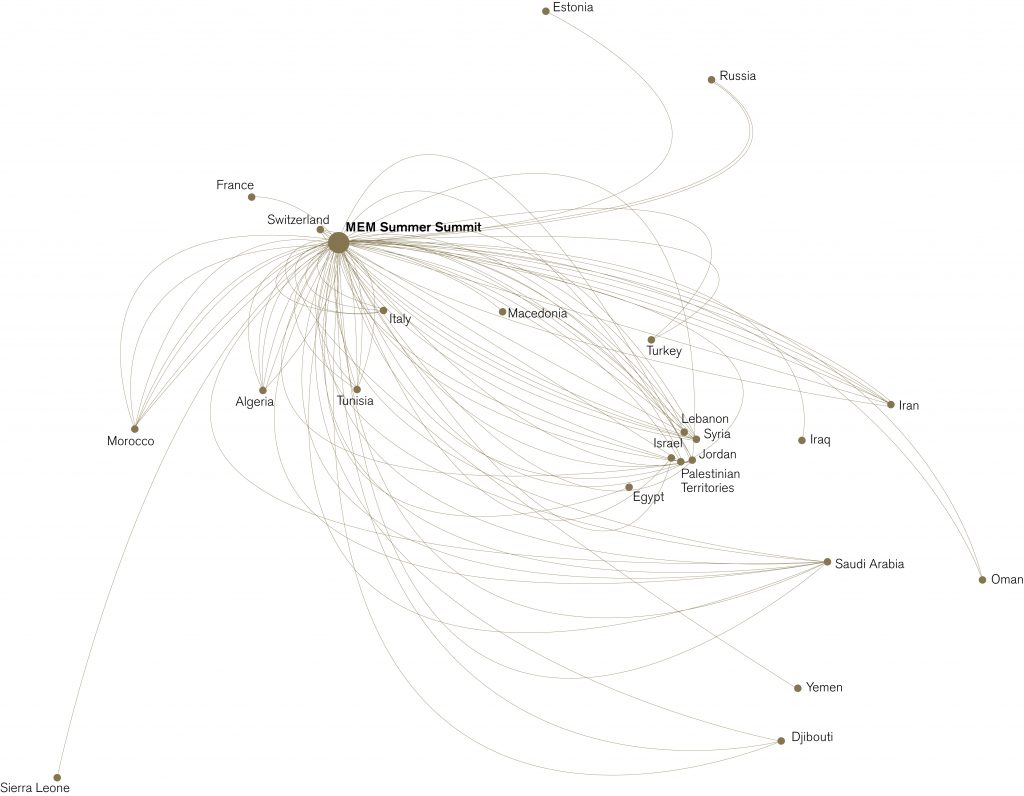
Seminar Speakers
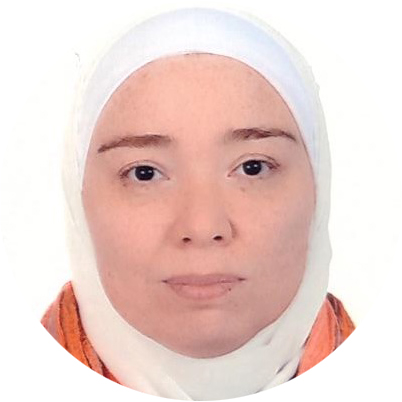
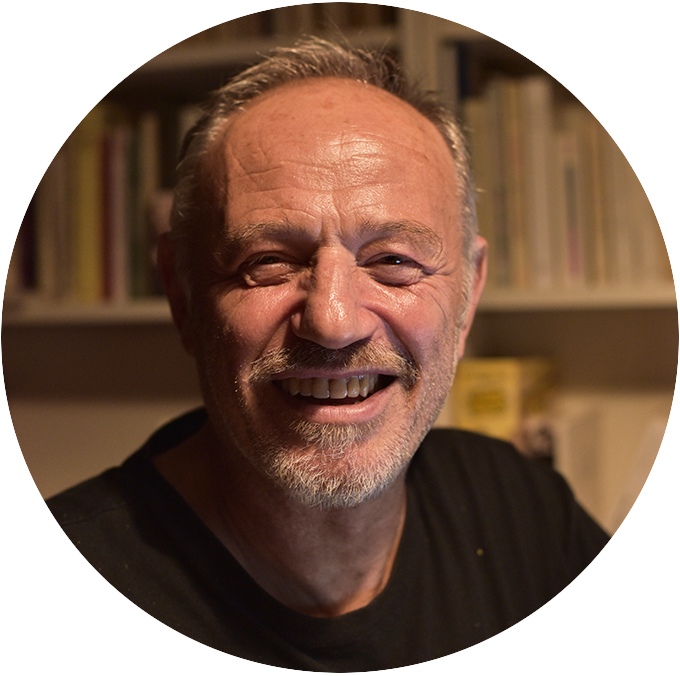
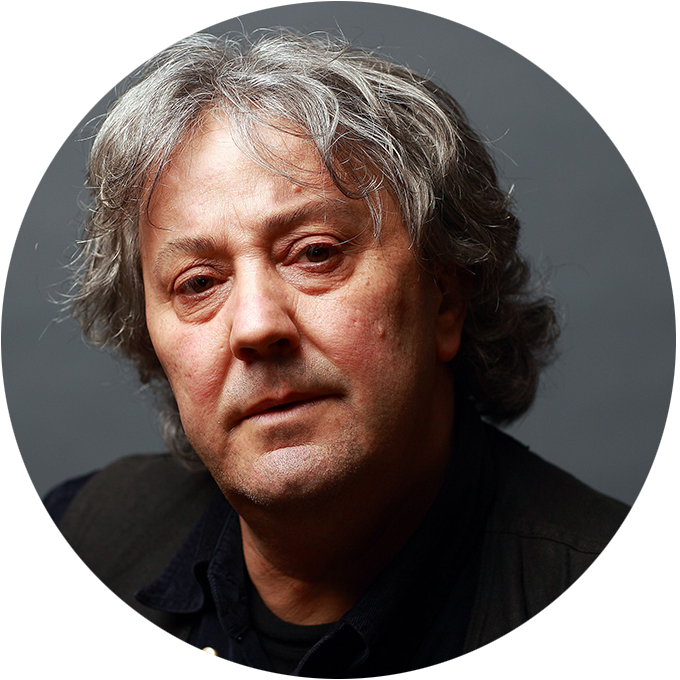
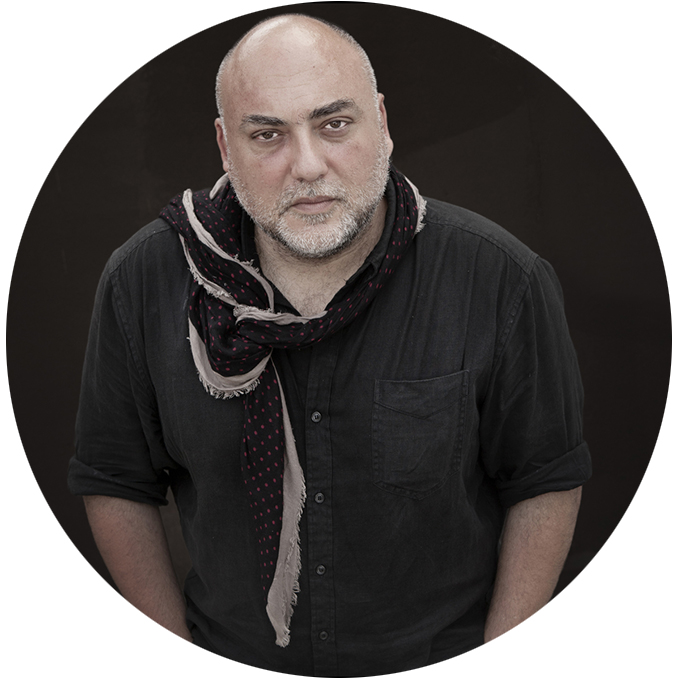
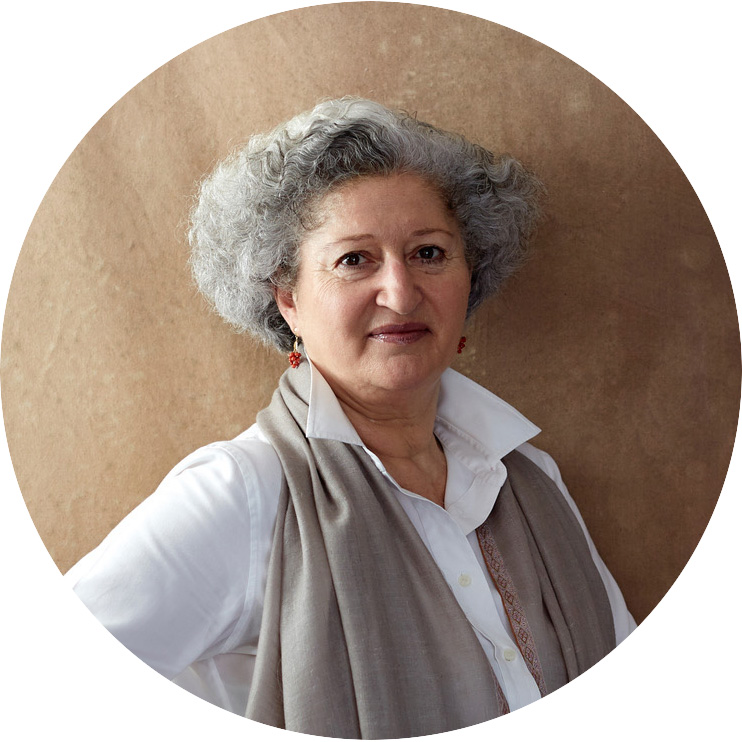
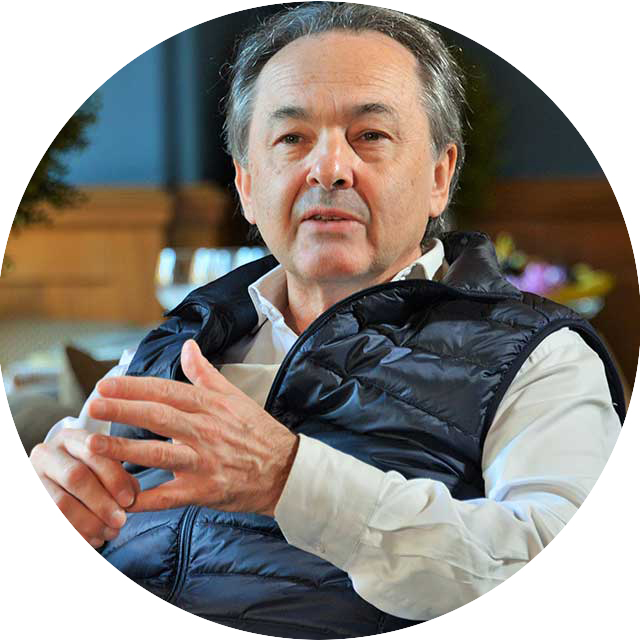
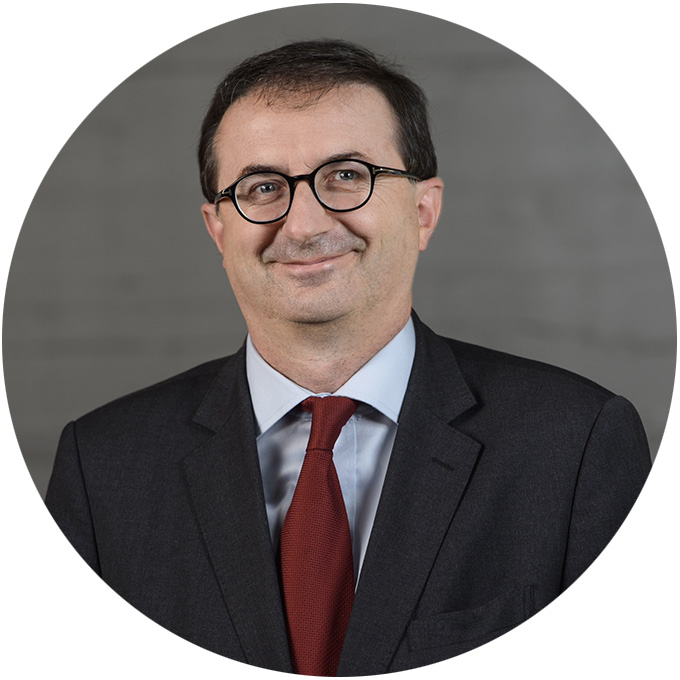
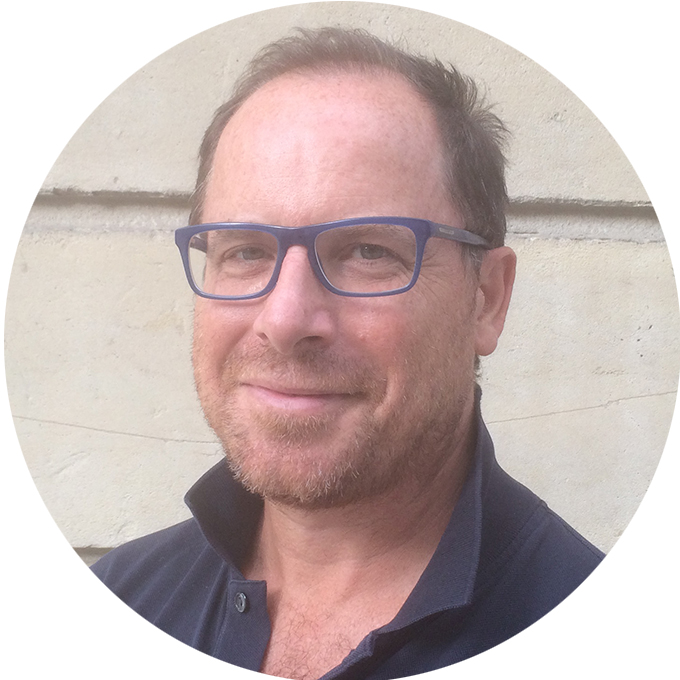
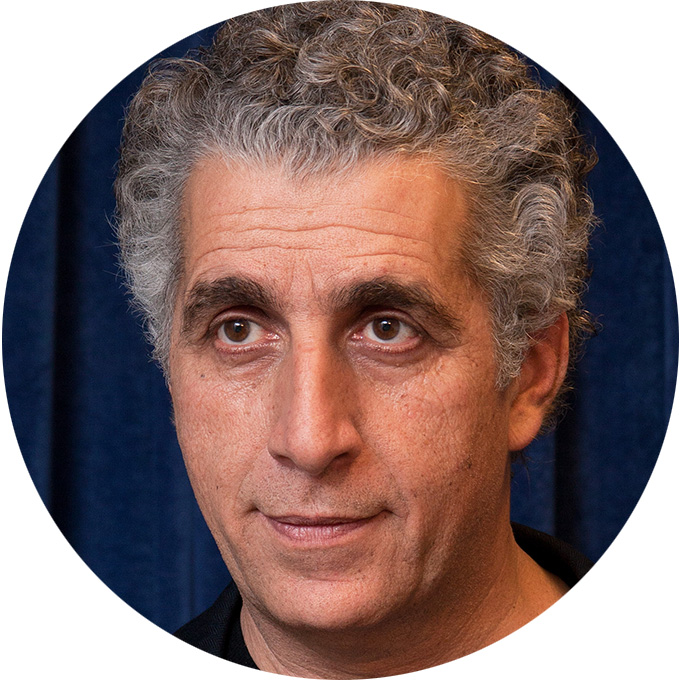
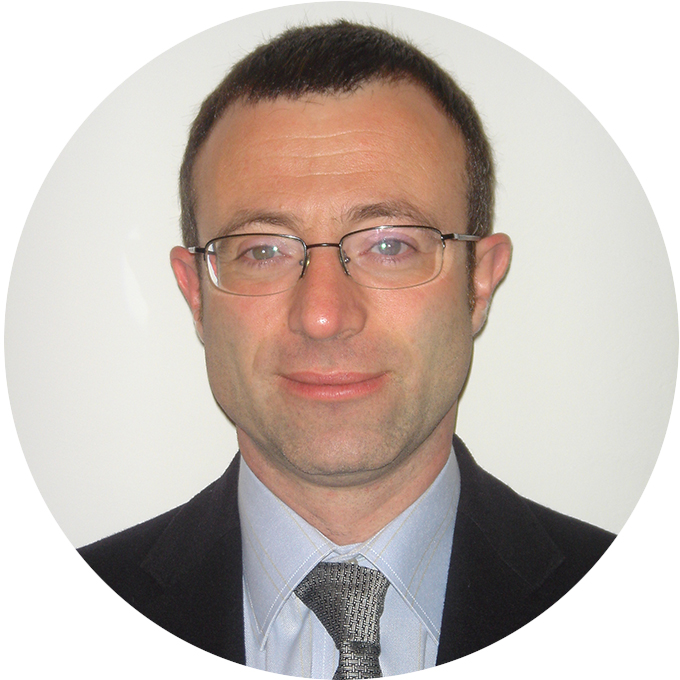
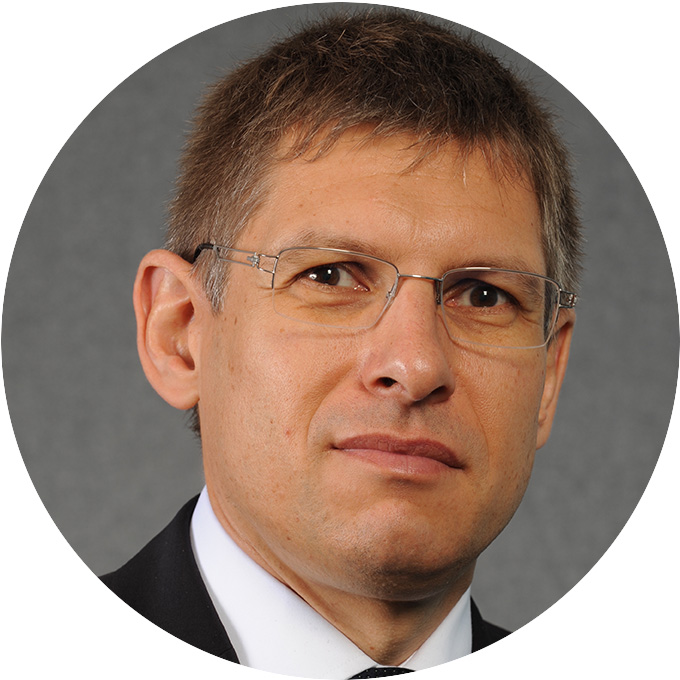

CAROLINE ABU SA’DA
President, ONG SOS Méditerranée, France

EMILIANO ALBANESE
Professor, Università della Svizzera italiana, Switzerland

ANNA ANTONIOS
Programme Officer, Swisspeace, Switzerland
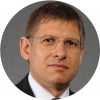
FABRICE BALANCHE
Associate Professor, University of Lyon, France

SALEH BARAKAT
Art Expert, Gallery Owner and Curator, Gallery Agial/Saleh Barakat, Lebanon
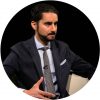
SOUHAÏL BELHADJ
Research Associate, Graduate Institute, Switzerland

RICCARDO BOCCO
Professor, Graduate Institute, Switzerland
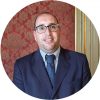
ADHAM DARAWSHA
Assessor for Cultures and Democratic Participation, Municipality of Palermo, Italy

FEDERICA DE ROSSA
Professor and Director, Institute of Law, Università della Svizzera italiana, Switzerland
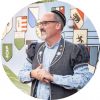
GABRIELE DERIGHETTI
Deputy Head MENA Division, Federal Department of Foreign Affairs (FDFA), Switzerland

ISHAC DIWAN
Professor, PSL – Paris Sciences et Lettres; École normale supérieure, France

JOLANTA DRZEWIECKA
Professor, Institute for Public Communication, Università della Svizzera italiana, Switzerland
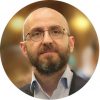
RABIH EL CHAMMAY
Psychiatrist, Saint Joseph University, Lebanon

MARTA FADDA
Postdoctoral Researcher, Università della Svizzera italiana, Switzerland

FEDERICA FREDIANI
Ph.D. Senior Researcher, Educational Program Manager MEM Freethinking Platform, Università della Svizzera italiana, Switzerland

SARA GRECO
Assistant Professor, Faculty of Communication Sciences, Università della Svizzera italiana, Switzerland
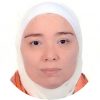
ABIR HAJ IBRAHIM
Co-Founder and Board Member, Modaberoon Network, Syria

MARC-ANDRÉ HALIDMANN
Research Associate, University of Bern, Switzerland
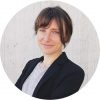
MARLEN HEIDE
Ph.D. Student, Institute for Public Communication, Università della Svizzera italiana, Switzerland

JEAN-JACQUES HIBLE
Policy Analyst, Public Governance Directorate, OECD, Switzerland

JULIAN HOTTINGER
Expert and Mediator, Federal Department of Foreign Affairs (FDFA), Switzerland
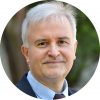
TOMASZ JANOWSKI
Professor and Head of Department of Applied Informatics in Management, Gdańsk University of Technology, Poland; Professor, Danube University Krems, Krems, Austria
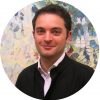
ALEXANDRE KAZEROUNI
Associate Professor, Ecole Normale Supérieure, France

GILLES KEPEL
Professor, PLS Paris Sciences et Lettres-École normale supérieure, France; Adjunct Professor and Scientific director of the Middle East Mediterranean Freethinking Platform, Università della Svizzera italiana, Switzerland

FYRAS MAWAZINI
Country Director for Morocco and Tunisia, Drosos Foundation, Switzerland
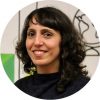
DIMA MOHAMMED
Senior Researcher, Universidade Nova de Lisboa, Portugal
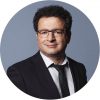
EL MOUHOUB MOUHOUD
Professor, University of Paris Dauphine PSL, France

SILVIA NAEF
Professor, Université de Genève, Switzerland
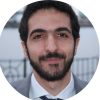
IBRAHIM OLABI
Executive Director and Founder, Syrian Legal Development Programme, Syria

JUANITA OLAYA
Lawyer, Independent Expert; Chair, UNCAC Coalition, Germany

HELA OUARDI
Professor, Université de Tunis, Tunisia

FRANCESCA PIANA
Historian, Université de Genève, Switzerland
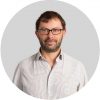
GIOVANNI PICA
Professor, Università della Svizzera italiana, Switzerland

FRANCIS PICCAND
Head, Think-Tank Middle East and North Africa, Federal Department of Foreign Affairs (FDFA), Switzerland

NADIA REDISSI
Training manager, Maison de l’Image, Tunisia
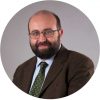
ANDREA ROCCI
Dean and Professor, Faculty of Communication Sciences, Università della Svizzera italiana, Switzerland
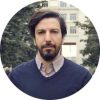
IBRAHIM SAÏD
Research Associate, Centre of Conflict, Development and Peacebuilding (CCDP); Co-founder, Think-Ahead, Switzerland

SAMIR
Filmmaker, Producer, Author, and Film Director, Switzerland
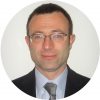
MARK THATCHER
Professor, Libera Università Internazionale degli Studi Sociali (LUISS) Guido Carli, Rome, Italy
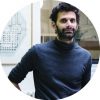
YVES UBELMANN
President and Co-founder, Iconem, France
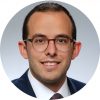
LUCA URECH
Swiss Career Diplomat and Syria Programme Manager, Human Security Division, Federal Department of Foreign Affairs (FDFA), Switzerland

LIISA VÄLIKANGAS
Professor, Hanken School of Economics, Finland

ELINE VAN DER VLIST
Artistic Director, Darat al Funun-The Khalid Shoman Foundation, Jordan

COSTA VAYENAS
Director, Procivis Think Tank, Switzerland

JEAN-PATRICK VILLENEUVE
Professor and Vice-Director, Institute for Public Communication, Università della Svizzera italiana, Switzerland
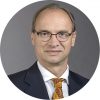
PIO WENNUBST
Vice Director General, Swiss Agency for Development and Cooperation (SDC), Federal Department of Foreign Affairs (FDFA), Switzerland
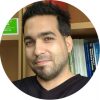
DIMITRIOS XEFTERIS
Assitant Professor, University of Cyprus, Cyprus
Application
Applications for the MEM Summer Summit 2019 are now closed.
The MEM Summer Summit welcomed applications from candidates:
- aged between 25 and 35
- from the Middle East Mediterranean region and/or with a demonstrated interest in the region
- with diverse educational backgrounds and work experience (professionals with careers in business, media, human rights and non-governmental work as well as artists, intellectuals, students and researchers)
- with interest in intercultural dialogue
- with the ability to work as part of a team
- with the will to collaborate and actively interact positively with all participants
- with a working knowledge of English and French
The deadline for applications was Friday, 17 May 2019.
Tuition fees for participation in the MEM Summer Summit 2019 are 2’300 CHF / 2’000 EUR.
Tuition fees include: plenary sessions and workshops of the Seminar, access to the two-day Forum, and all activities during the Summit, lunches and coffee breaks.
Tuition fees do NOT include: accommodation, visas, health insurance, travel costs and dinners.
Successful self-sponsored applicants are required to pay the tuition fee no later than Monday, 1 July 2019.
It is only upon reception of the tuition payment that an applicant is considered formally enrolled and their place in the MEM Summer Summit 2019 is secured.
If payment is not made in due time, Università della Svizzera italiana reserves the right to cancel the admission and attribute the place to another candidate.
Precise payment instructions will be given to the applicants by email after their application has been approved.
In case of cancellations applicants should refer to the General Regulations for Young Change-Makers and contact the MEM Summer Summit organisers at MEM@usi.ch.
The MEM Summer Summit organisers offered a limited number of partial or full grants for participation in the MEM Summer Summit 2019.
- Eligibility depended on the application and motivation letter for a grant.
- Priority was given to covering the expenses of citizens from low-income countries or with proven financial needs.
Venue
USI Lugano Campus, Università della Svizzera italiana
The Seminar of the MEM Summer Summit 2019 will take place at Università della Svizzera italiana.
The Campus hosts the USI Faculties of Communication Sciences, Economics, Informatics and Biomedical Sciences, as well as the University central administrative offices and library.
Practical information
Transport
By train: Lugano is one of the principal stops on the main European North-South route and can be reached from many cities in the northern and southern part of Europe by direct day or night train connections. Check trains and updated departure times from/to Lugano here.
By plane: The quickest way to get to Lugano from most places abroad, will be through a number of airports listed below:
- From Milano Malpensa: There are frequent direct bus connections to Lugano (travel time 1hr). These are the main providers operating from Malpensa Airport Terminal 1 and Terminal 2: GiosyTours, LuganoServizi, and JetBus.
- Lugano Airport is served by Swiss International Air Lines. From the airport, you can take a shuttle bus to the centre of the city or a taxi.
- Zurich Airport: As an alternative you might consider flying to Zurich and use the train to travel to Lugano (overall, a 2h journey). There is a direct, hourly train from Zurich main station to Lugano. It is a chance to experience the longest train tunnel in Europe by passing under the Gotthard.
By car: The University is located in Via Giuseppe Buffi 13 and can be easily reached by car. The underground University parking lot is passed the second traffic light after the Glass building (The LAB) on your right. If you need to reach the University entrance instead, keep going straight passed the parking lot entrance and turn second right onto via Fusoni. Turn second right onto Via Lambertenghi and keep going straight until the end of the road until you see the University main building in front of you.
By bus from the train station: Go to the bus stop across the street from the train station and take the Nr. 6 bus towards Cornaredo and get off at “Università” (3 stops).
By bus from downtown Lugano: At the bus terminal, take the Nr. 5 bus towards “Viganello” and get off at “Università” (3 stops).
On foot (around 20-25 minutes): Reach the city centre by taking the pedestrian bridge across the street from the train station and follow the road downhill. From Piazza Cioccaro head south to Piazza Dante. Walk across the square and turn left onto Via Pretorio. Cross Via Pretorio to get to the bus terminal. Walk pass the bus terminal and keep heading straight onto Corso Pestalozzi until you reach a big underground car park and the entrance of the Ciani Park. Turn left onto Via Lucchini and keep walking straight until you reach the University main building (Via Lucchini eventually becomes Via Lambertenghi).
Lugano has an effective bus system connecting different parts of the city. Tickets must be purchased at the bus stop. All destinations in the city centre can also be easily reached on foot.
Envision and foster change.
Volunteer Programme
Volunteer applications for the MEM Summer Summit 2019 are now closed.
Call for volunteers
The Università della Svizzera italiana is looking for proactive people who are interested in volunteering for the MEM Summer Summit 2019.
The international event gathers young change-makers, leaders from the public and private sector, artists, and intellectuals in the south of Switzerland to address recent developments and persisting problems in Mediterranean and Middle Eastern countries.
Volunteers can get involved in either the Seminar, the Forum or the entire Summit. The selected volunteers for the Forum will be granted a complimentary registration. Please note that costs related to accommodation and travel are the volunteers’ responsibility.
Requirements
Applicants should:
- Preferably be enrolled in a Swiss university
- Have a very good command of English. People with additional language skills are encouraged to apply
- Have experience in the field of event management, hospitality and communication
- Preferably, have a keen interest in politics, society and culture of the Middle East Mediterranean region
Benefit from the programme
- Join cutting-edge discussions and meet interesting figures from the region
- Work in a dynamic and cooperative team of professionals
- Have a great opportunity to show your potential
- Enrich your CV with an exciting experience
- Receive a working certificate at the end of the event
Students of Università della Svizzera italiana have the possibility to obtain credits from the Volunteer Programme.
When not on duty, volunteers can attend programme sessions, as well as lunches and coffee breaks. If there are specific sessions that volunteers would particularly like to attend, we kindly invite them to inform us, and we will do our best to accommodate their request.
The deadline for receiving applications was Sunday, 30 June 2019.
